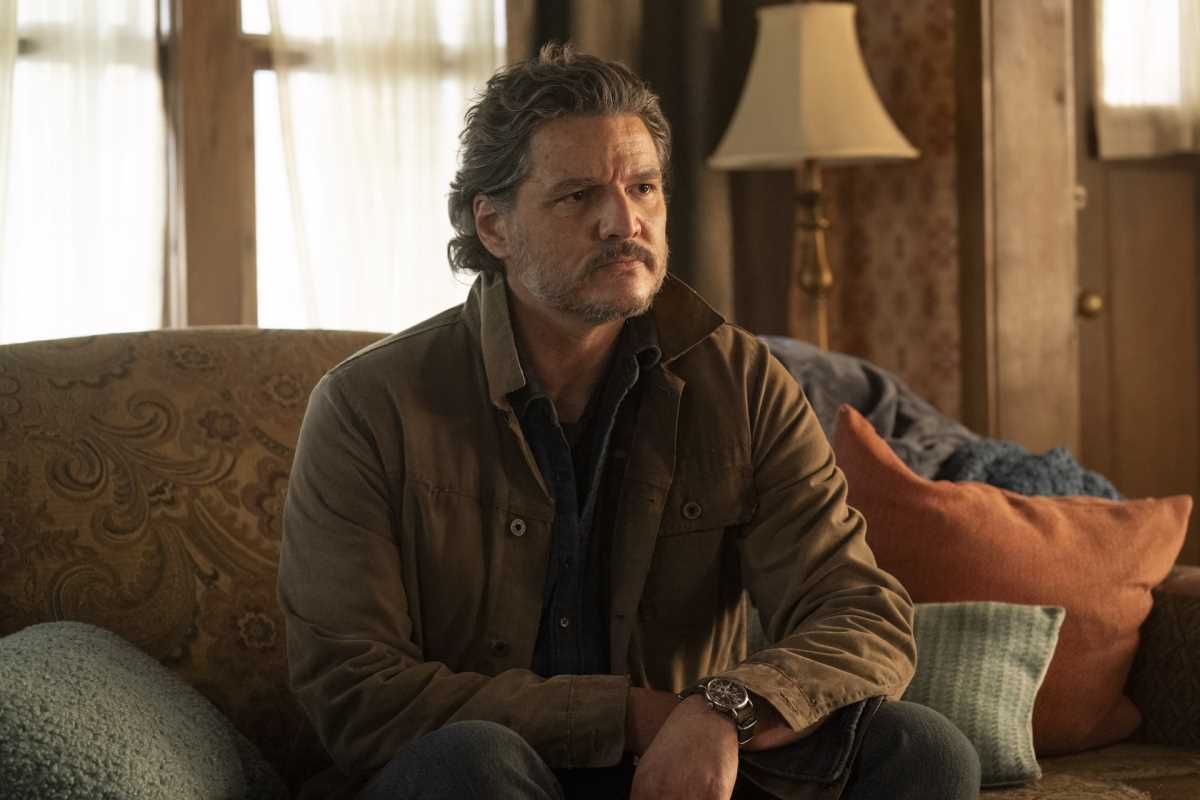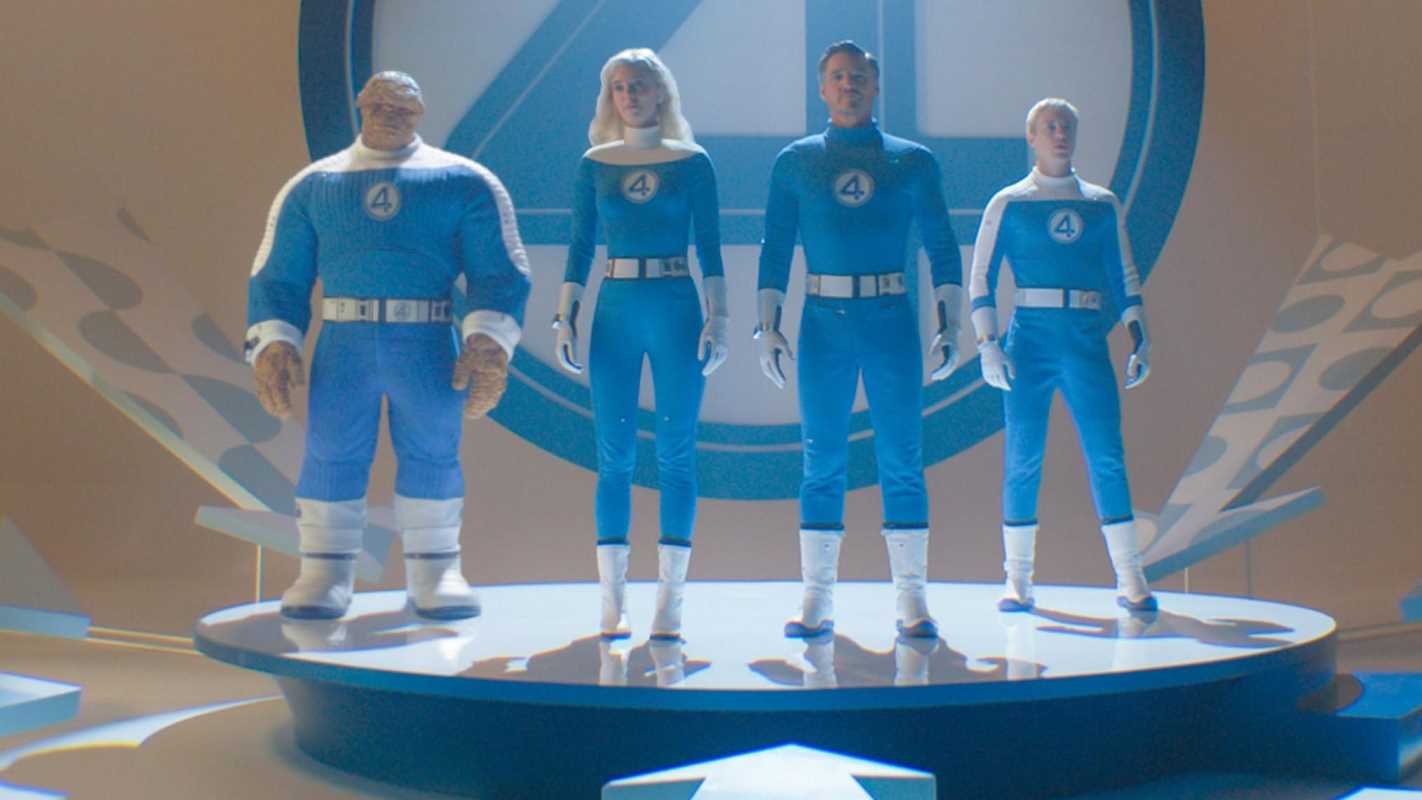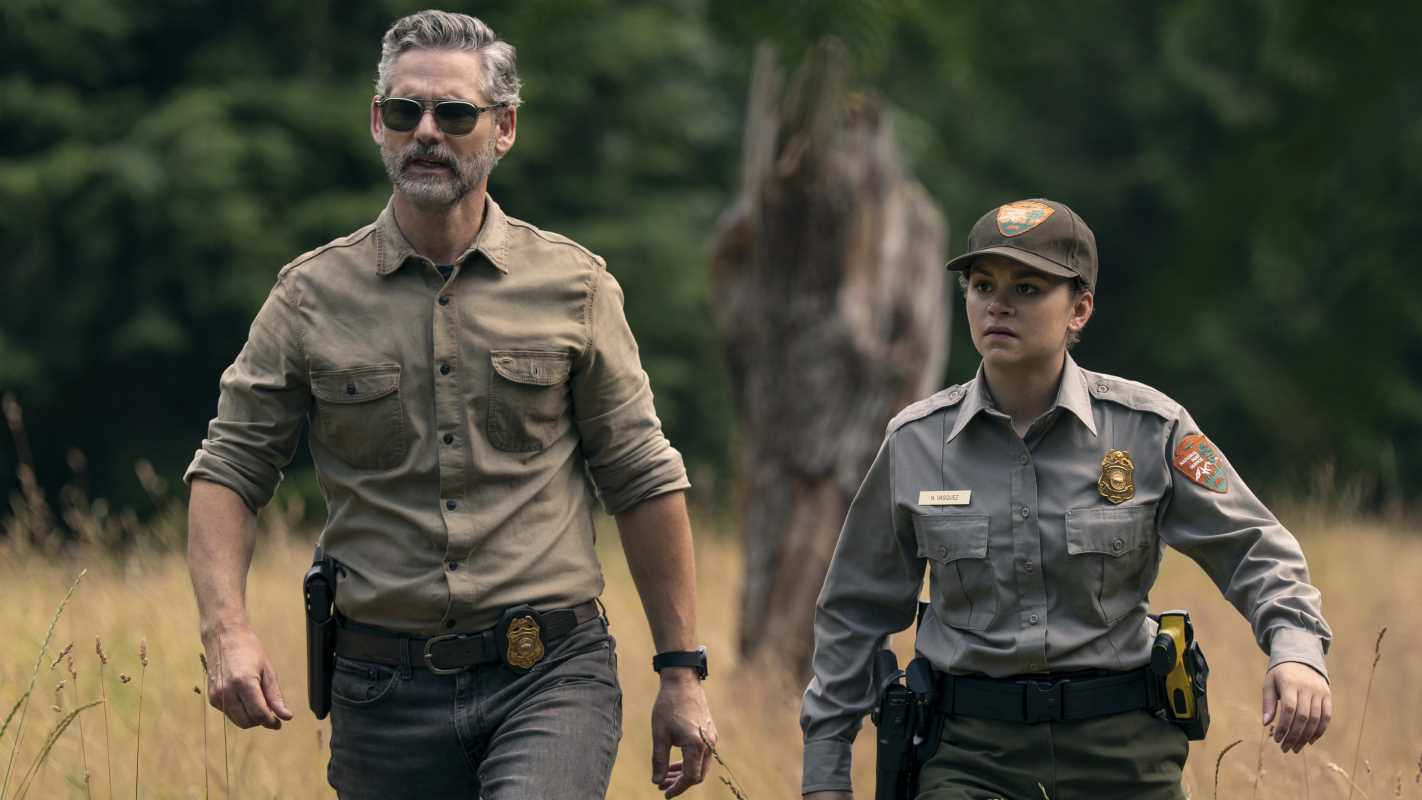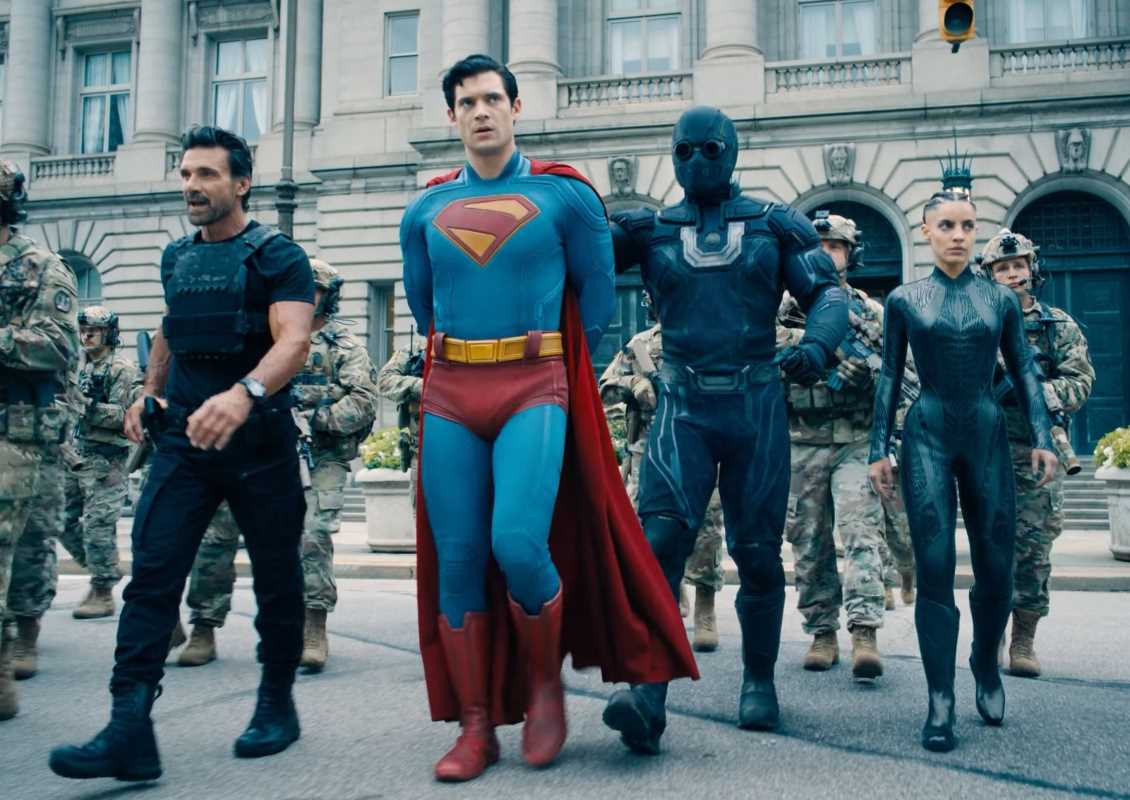Ready for an epic family story that’ll make you laugh, sigh, and maybe Google a few medical terms along the way? Abraham Verghese’s “The Covenant of Water” takes you on a sweeping journey through generations of a South Indian family, weaving their lives together with themes of love, loss, and resilience. Set against the backdrop of a changing world, this novel is a literary marathon that’s equal parts heart, history, and a little pinch of medical drama. With richly drawn characters and a narrative that balances tenderness with tragedy, this is a story that stays with you long after the final page. So grab your snack, find a cozy spot, and settle in for a tale that’s as moving as it is unforgettable.
So, What’s the Story?
Picture this: Kerala, India, lush and dripping with atmosphere, sprawling over seven decades and three generations of one unforgettable family. This book isn’t in a rush—Verghese takes his time, dropping you straight into the chaos, charm, and changing tides of Indian history from 1900 to 1977. You’ll see the world evolve, one stubborn grandma and precocious kid at a time.
Verghese is a master at weaving historical events into everyday family drama. Colonial rule, independence, social shifts: they’re all the backdrop for moments like a wedding, a funeral, or a particularly impressive dinner spread. If you love the nitty-gritty little details—what people ate, what they wore, how they gossiped—this book delivers.
Meet the Family (And Oh, What a Family It Is)
Let’s talk characters, because honestly, this crew is the heart of the book. Big Ammachi, the family’s undisputed matriarch, is everything you want in a literary grandma: wise, warm, and tough as old boots. She’ll pull you in with her strength and keep you there with her huge, complicated heart.
The rest of the cast spans the kind of people you see at every lively reunion: dreamers, rebels, medics, and so many personalities you’ll wish you could invite them all over for chai. Verghese gives each generation their moment in the spotlight: the young trailblazers pushing against tradition, the middle-aged doubters wondering if they made the right choices, and the old-timers watching the world shift under their feet.
If you have a soft spot for stories where every kind of love—romantic, platonic, parental, and everything in between—gets its due, this book is a goldmine.
Paging Dr. Verghese
Let’s not forget: Verghese is a doctor, and he’s not shy about flexing his medical chops. He takes you behind the scenes in rural hospitals, through breakthroughs and heartbreaks, and into the mysteries of a hereditary illness that hangs over the family like a stubborn low-hanging cloud.
But don’t worry, it's accessible even if the only medical drama you know is from TV. The blend of old-school remedies, modern medicine, and the hope (and frustration) of figuring out the un-figure-out-able gives the story an extra layer of intrigue.
Culture, Color, and All the Feels
One of the real treats here is how much Verghese showers the story with Kerala’s lush culture—its food, festivals, faiths, and flavors. You’ll feel like you’ve been teleported to a coconut grove, or right into the middle of a Monsoon-soaked holiday.
He celebrates Kerala’s diversity, showing different religions, customs, and the way communities mingle and clash. From the language (“here’s a Malayalam phrase—don’t worry, he’ll translate!”) to the local legends, the details never feel like homework. Instead, you get a front-row seat to a place and time that’s super vivid and alive.
When History Drops In
History isn’t just the wallpaper here—it’s the slightly nosy neighbor who keeps pushing the story forward. The family’s journey weaves in and out of real events, like Indian independence and the crazy political shifts that follow. There’s also smart talk about class, education, and who gets to chase their dreams (and who gets stuck washing the dishes).
But it’s not all lessons and lectures; you’ll get the personal side, too—how big changes nudge and bother the characters you care about.
What’s Not to Love?
Okay, real talk: this book is a chunky one. There are moments where the pace meanders, like that one uncle who won’t stop telling stories at dinner. If you like your family sagas tight and focused, you might wish for a few less side quests. Some secondary characters could also use a little more page time before the curtain falls.
And there’s so much history and background that you could get lost if you’re just here for the family drama and romance. But let’s be fair—the scope is kind of the point, and the big-picture view makes the family’s highs and lows land even harder.
Rating: 7.5/10
 (Image via
(Image via

.jpg)



